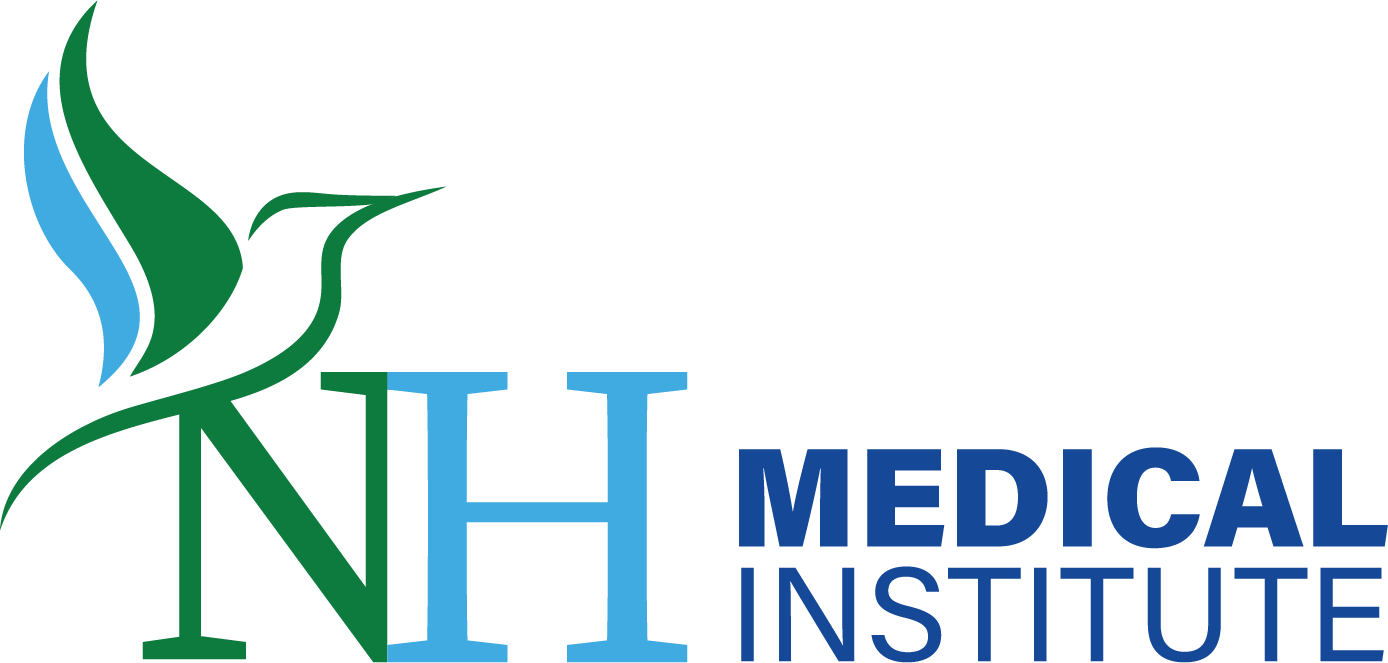As we age, our bodies undergo a myriad of changes that impact our overall health and well-being. This is where the dynamic and critically important field of geriatric medicine comes into play. Geriatric medicine focuses on the healthcare needs of older adults, ensuring they receive specialized care that caters to their unique set of challenges and requirements.
In this article, we will explore the significance of geriatric medicine, its differences from general medicine, latest advancements, common health issues faced by older adults, specialized treatments and interventions, real-life patient stories, and the future prospects and challenges of this vital field.
What is Geriatric Medicine?
Geriatric medicine is a subfield of medicine that specializes in diagnosing, treating, and preventing diseases and disabilities commonly associated with aging. Geriatricians are physicians who have completed additional training specifically in this field. Their expertise lies in understanding the physical, cognitive, and psychological changes that occur as we age, and providing comprehensive care to support and enhance the quality of life for older individuals.
Importance of Geriatric Medicine:
With the global population rapidly aging and life expectancies steadily increasing, geriatric medicine has become more essential than ever. Older adults often face a unique set of medical challenges, including multiple chronic conditions, increased vulnerability to infections, medication complexities, and psychosocial issues. Geriatric medicine aims to address these complexities holistically and comprehensively, ensuring optimal health outcomes and improved quality of life for seniors.
Differences from General Medicine:
While general medicine covers a broad range of conditions across all ages, geriatric medicine focuses specifically on the healthcare needs of older adults. It takes into account the physiological and psychological changes associated with aging and considers multiple interacting diseases that commonly occur together in older individuals. Geriatric medicine also prioritizes patient-centered care, ensuring that the medical decision-making process includes a person’s preferences, goals, and values.
Latest Advancements and Practices:
Geriatric medicine continues to evolve to meet the unique needs of the aging population. One notable advancement is the development of geriatric assessments, which provide a comprehensive evaluation of an individual’s physical, cognitive, and functional abilities. These assessments help identify health risks and develop personalized care plans for each patient. Other advancements include specialized pharmacological interventions, innovative technology for remote monitoring, and tailored exercise and rehabilitation programs.
Common Health Issues:
Older adults often face a range of health challenges, including chronic conditions such as hypertension, diabetes, heart disease, arthritis, dementia, and depression. Geriatric medicine takes into account the interplay of these conditions, aiming to prevent complications and manage symptoms effectively to optimize overall health and functioning.
Specialized Treatments and Interventions:
Geriatric medicine emphasizes a personalized approach, tailoring treatment plans to each patient’s unique circumstances. This may involve medication adjustments to account for changes in metabolism, exercise programs that focus on maintaining strength and balance, and psychological support to combat loneliness and depression. Palliative and end-of-life care is another significant aspect of geriatric medicine, aiming to enhance comfort and dignity during this critical phase of life.
Real-life Impact:
Let us consider a patient named Mr. Johnson, an elderly man living with multiple chronic conditions. Through comprehensive geriatric assessments, his geriatrician identified drug interactions and optimized his medication regimen, resulting in improved overall health and reduced hospitalizations. Additionally, Mr. Johnson benefited from physical therapy, which improved his mobility, allowing him to maintain independence and enjoy a better quality of life.
Challenges and Future Prospects:
While geriatric medicine is indispensable, it is facing several challenges. One major hurdle is the growing aging population, which is outpacing the availability of geriatric healthcare professionals. To bridge this gap, it is crucial to encourage more medical students to pursue careers in geriatrics and provide incentives for ongoing professional development in this field. Additionally, efforts must be made to enhance interdisciplinary collaboration and ensure adequate support systems for caregivers and family members.
Conclusion:
Geriatric medicine is an essential field dedicated to addressing the unique healthcare needs of older adults. Through specialized approaches, advanced treatments, and comprehensive assessments, it plays a pivotal role in enhancing the quality of life for seniors. As we confront the challenges of an aging population, it becomes paramount to further invest in geriatric medicine and ensure a future where older individuals receive the tailored care they need and deserve.
Better Health Care is Our Mission
Same Day Appointments are Available.

